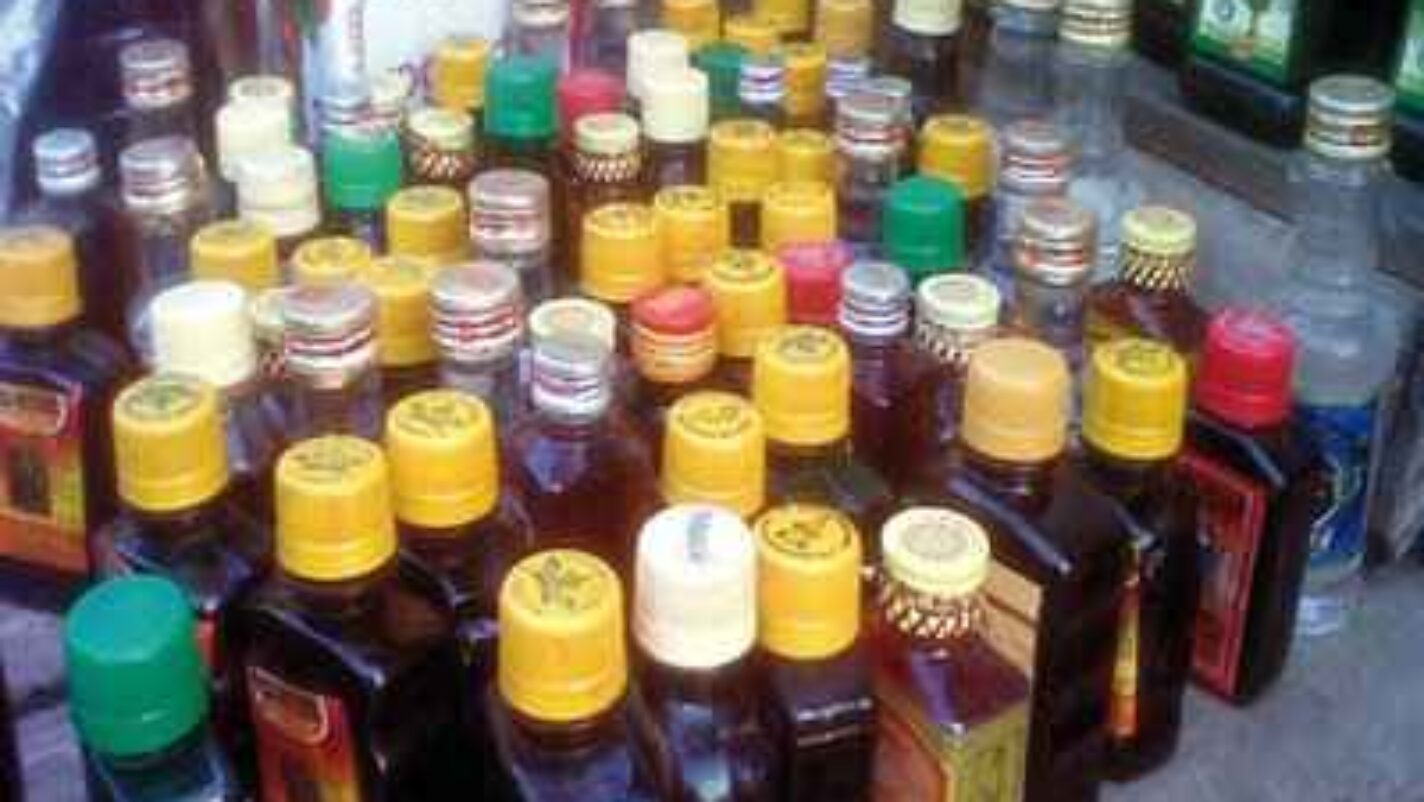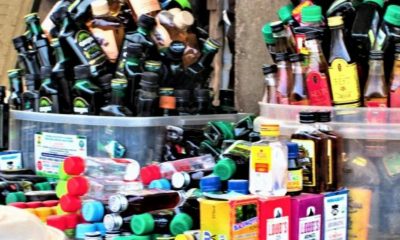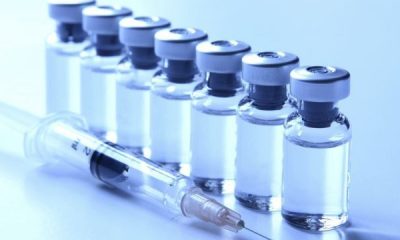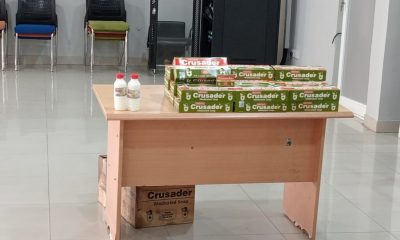The Distillers and Blenders Association of Nigeria (DIBAN), has warned that investments worth over N1.2 trillion will be lost and 5.5 million direct and indirect workers will lose their jobs if the ban on the production and sale of sachet and PET bottle alcohol by the National Agency for Food and Drug Administration and Control (NAFDAC).
This warning was communicated in an open letter addressed to President Bola Tinubu by the Distillers and Blenders Association of Nigeria (DIBAN), a sub-sector under the Manufacturers Association of Nigeria (MAN).
The ban, implemented on January 31, 2024, cited concerns about the packaging of alcoholic beverages in sachets and PET bottles contributing to increased alcohol use among underage individuals and linking it to the use of hard drugs.
However, DIBAN contested these claims, stating that there is no legal or moral justification for an outright ban.
READ ALSO: Over 50% of certificates for imported pharmaceutical products are fake — NAFDAC
The association argued that alcoholic beverages in sachets and PET bottles are not produced with hard drugs, and there is no evidence from the National Drug Law Enforcement Agency supporting the allegations.
DIBAN, which comprises over 24 corporate organizations involved in the production and manufacturing of wines and spirits, emphasized its significant contributions to the Nigerian economy, estimating its total investment at over N500bn.
It also highlighted its role in providing direct employment to over 500,000 people and indirect employment for more than 5 million.
The association urged President Bola Tinubu to issue a directive or Executive Order lifting the ban and proposed alternative measures, such as establishing licensed liquor stores/outlets by Local Government Areas across Nigeria.
DIBAN suggested increased monitoring and compliance checks by regulatory agencies to ensure product quality rather than an outright ban.
If the ban remains, DIBAN warned of severe economic repercussions, including the loss of investments, jobs, and substantial revenue streams for both the Federal and State Governments.
It urged a reconsideration of the ban to prevent such adverse effects on the economy. The ban, implemented on February 1, 2024, has faced opposition, with MAN disputing the claim that its members supported the decision.

 Health & Fitness4 days ago
Health & Fitness4 days ago
 Featured1 week ago
Featured1 week ago
 Aviation6 days ago
Aviation6 days ago
 Aviation4 days ago
Aviation4 days ago
 Business1 week ago
Business1 week ago
 Aviation4 days ago
Aviation4 days ago
 News1 week ago
News1 week ago
 Business1 week ago
Business1 week ago













